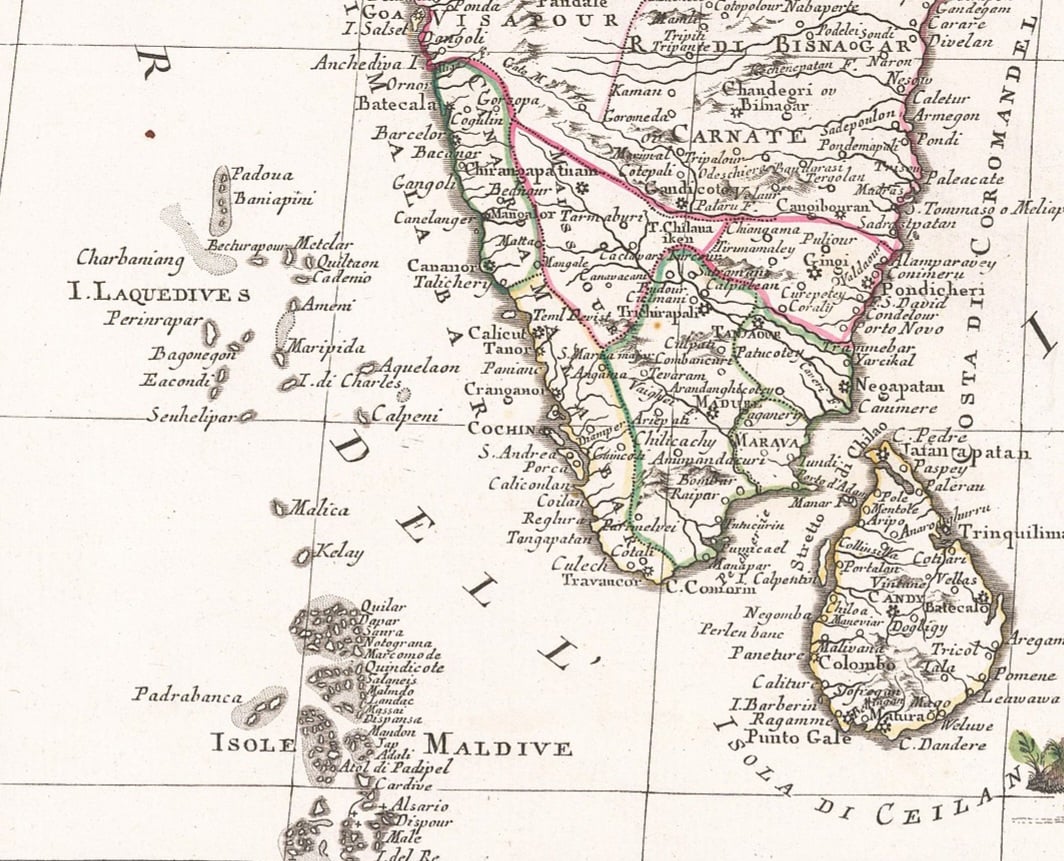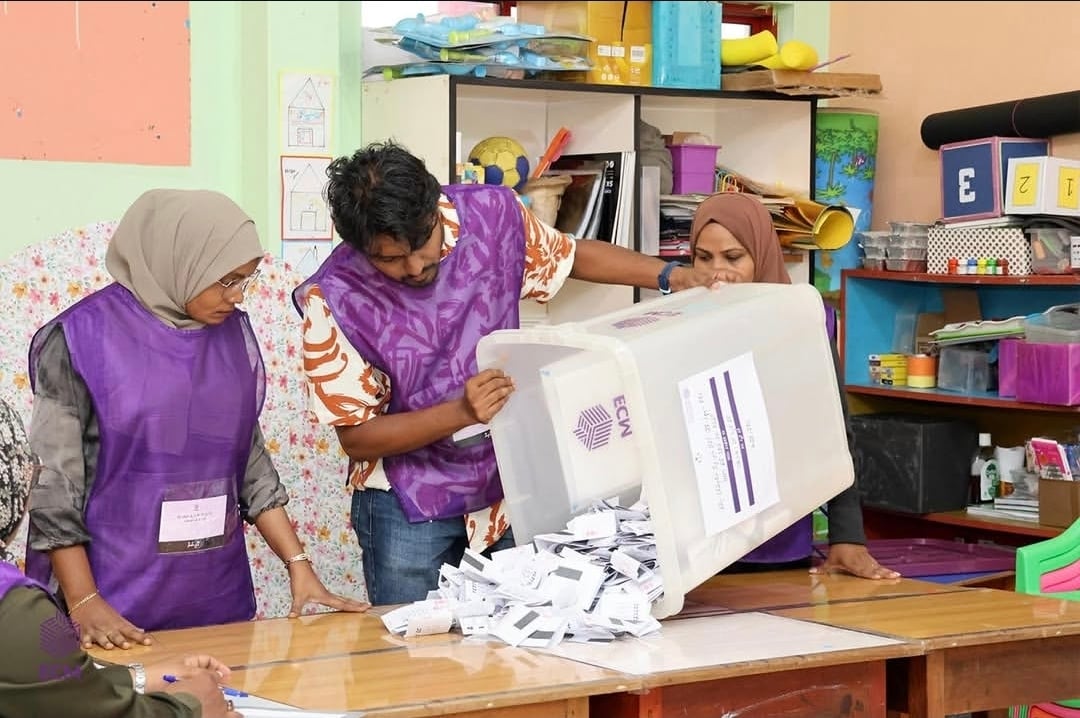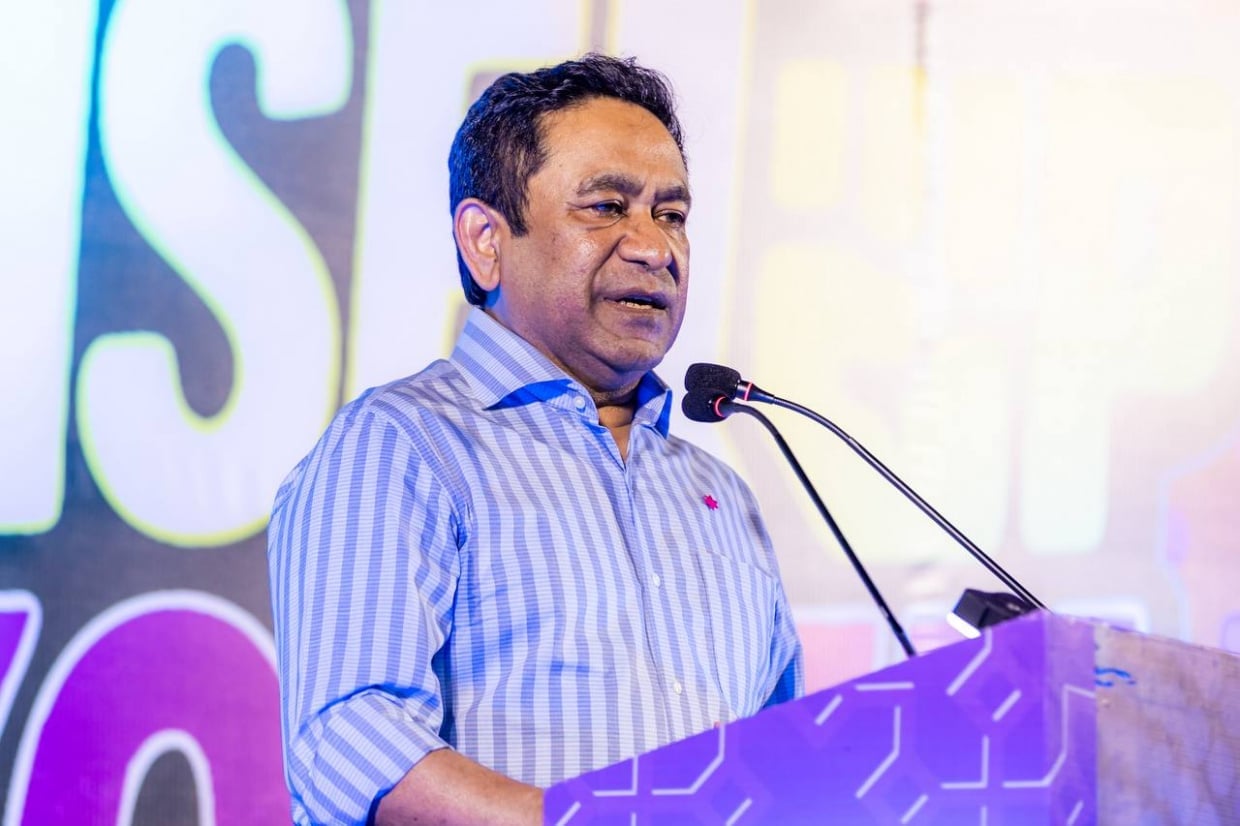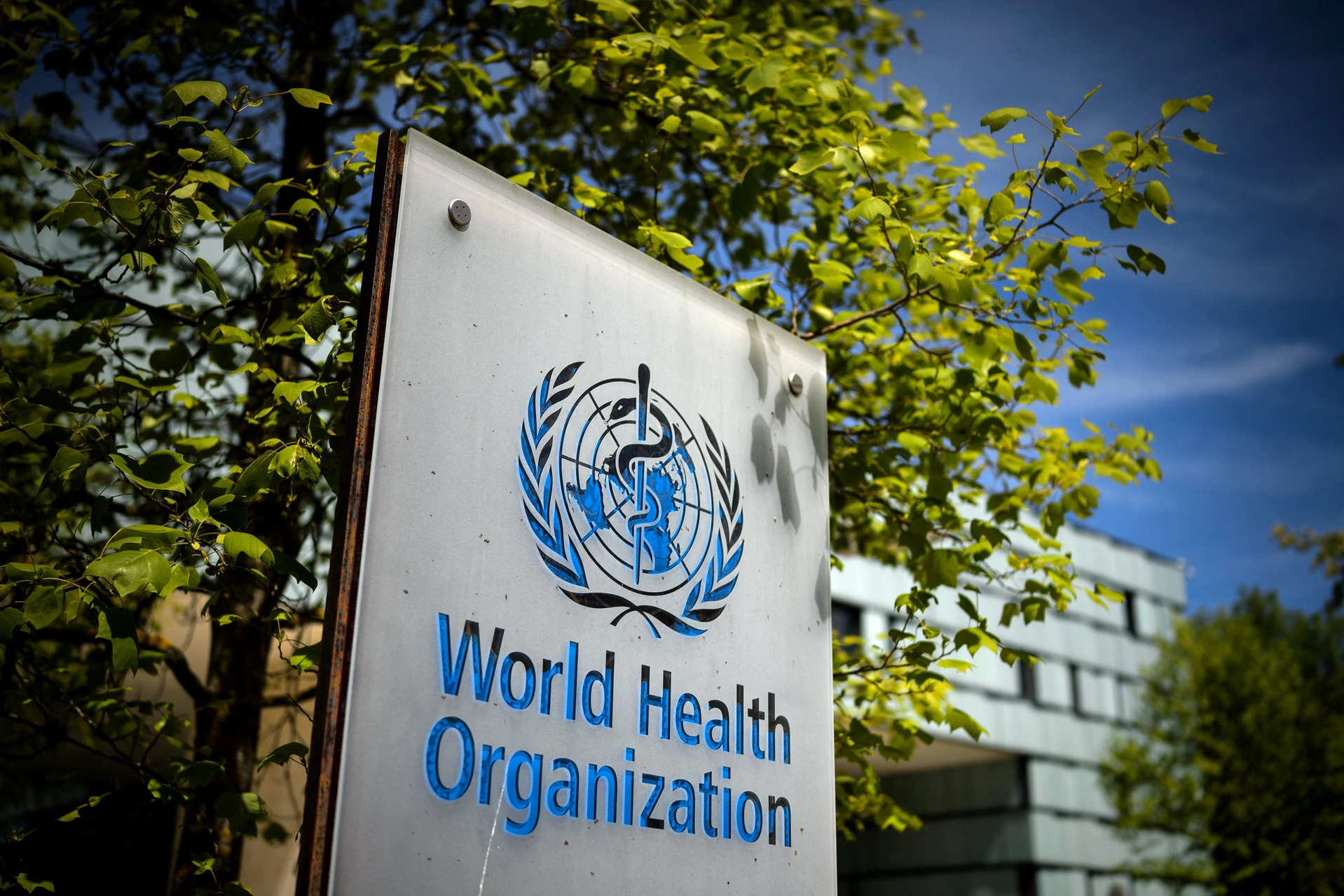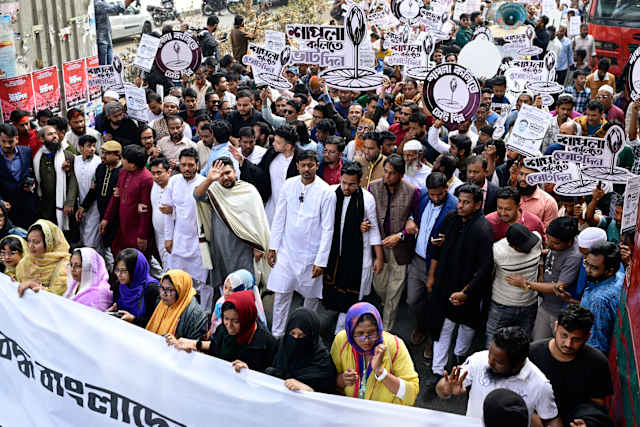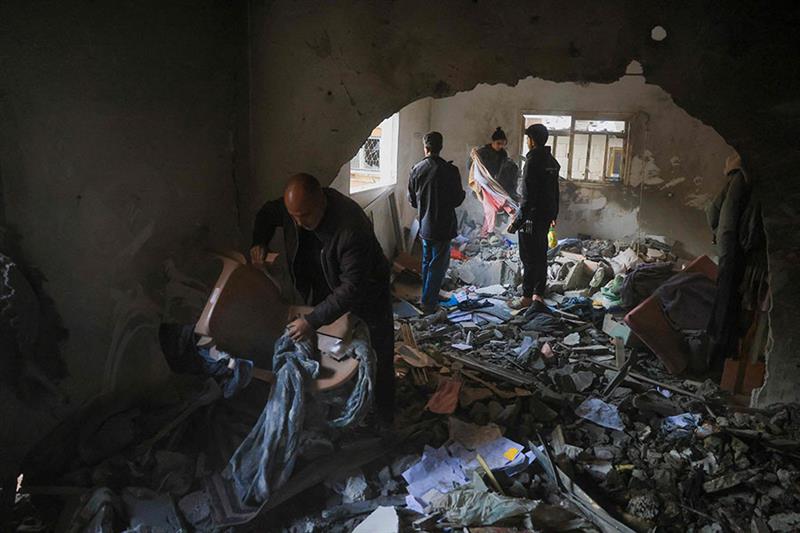(This is a series of articles, rewritten and translated from the 'Dhivehi Thaareekh' book compiled by a committee appointed by Sultan Muhammad Imaduddin VI in 1902 CE / 1320 AH to write the history of the Maldives in Dhivehi language.)
Following the victory of the Maldivians in the last attack by the Portuguese from Goa, King Iskandar stopped giving the tributes that were being given to the Goan people (Portuguese) and Ali Raja of Cannanore. These tributes had been given since the time of King Kalhu Muhammad, the grandfather of King Hassan, who had gone to Goa. This battle took place, and the tributes were stopped in the year 1059 AH (1649 AD).
When the tributes to Ali Raja were stopped, he became angry and sent some of his soldiers to the Maldives in armed warships prepared for battle. When King Iskandar heard the news of their arrival in Maldivian territory, he prepared and sent a group of Maldivian soldiers for battle. The King himself also went along with them to fight.
The King and the Maldivian soldiers encountered the enemies while they were raiding some Maldivian islands, looting people's property, and causing harm to the people. Then the King's army fought against them, defeated them, and drove them away. Afterwards, the King returned to Male' with his army.
After some time, Ali Raja again sent a group of his soldiers to wage war against the Maldives. Upon receiving this news, King Iskandar sent a Maldivian military force to fight against them. By the time the Maldivian force reached their location, they had already landed on Kudarikilu (in North Maalhosmadulu Atoll) and burned down the Friday Mosque of that island. Then the Maldivian soldiers fired cannons, defeated them, and drove them away.
Then, as the Malabari people (Ali Raja's soldiers) frequently came to the Maldives, raiding islands, looting the property of helpless citizens, and harming people, the King became concerned and decided to put an end to Ali Raja's mischief. Accordingly, he sent a group of experienced and victorious Maldivian soldiers from previous battles to fight against Ali Raja. These soldiers went and attacked the islands of Divanduro (Islands of Lakshadweep, north of Minicoy) under Ali Raja's control, terrorizing the people of those islands. They drove away Ali Raja's soldiers stationed there and, just as Ali Raja's soldiers did to Maldivian islands, they looted the property of the people, burned houses, and returned to Malé victorious. Then the King, pleased with this, welcomed the soldiers to Malé with honour.
After that, the Island Chief and the Bodun (Chiefs) of Maliku (Minicoy, a Maldivian island under Ali Raja's control) were brought to Male' and kept in detention for many days. Afterwards, the tax of Maliku was set at 12 laari per year, and they were sent back to Maliku. This was done in a way that could be said that the King of the Maldives had seized one of Ali Raja's islands.
Ali Raja was taken aback and stayed silent about the situation. He neither sent troops to fight the Maldives nor requested the tribute that King Iskandar had ceased paying. Following this, the feud between the Kings of the Maldives and the rulers of Cannanore was resolved, and the two parties reconciled and remained at peace.
Following the victory of the Maldivians in the last attack by the Portuguese from Goa, King Iskandar stopped giving the tributes that were being given to the Goan people (Portuguese) and Ali Raja of Cannanore. These tributes had been given since the time of King Kalhu Muhammad, the grandfather of King Hassan, who had gone to Goa. This battle took place, and the tributes were stopped in the year 1059 AH (1649 AD).
When the tributes to Ali Raja were stopped, he became angry and sent some of his soldiers to the Maldives in armed warships prepared for battle. When King Iskandar heard the news of their arrival in Maldivian territory, he prepared and sent a group of Maldivian soldiers for battle. The King himself also went along with them to fight.
The King and the Maldivian soldiers encountered the enemies while they were raiding some Maldivian islands, looting people's property, and causing harm to the people. Then the King's army fought against them, defeated them, and drove them away. Afterwards, the King returned to Male' with his army.
After some time, Ali Raja again sent a group of his soldiers to wage war against the Maldives. Upon receiving this news, King Iskandar sent a Maldivian military force to fight against them. By the time the Maldivian force reached their location, they had already landed on Kudarikilu (in North Maalhosmadulu Atoll) and burned down the Friday Mosque of that island. Then the Maldivian soldiers fired cannons, defeated them, and drove them away.
Then, as the Malabari people (Ali Raja's soldiers) frequently came to the Maldives, raiding islands, looting the property of helpless citizens, and harming people, the King became concerned and decided to put an end to Ali Raja's mischief. Accordingly, he sent a group of experienced and victorious Maldivian soldiers from previous battles to fight against Ali Raja. These soldiers went and attacked the islands of Divanduro (Islands of Lakshadweep, north of Minicoy) under Ali Raja's control, terrorizing the people of those islands. They drove away Ali Raja's soldiers stationed there and, just as Ali Raja's soldiers did to Maldivian islands, they looted the property of the people, burned houses, and returned to Malé victorious. Then the King, pleased with this, welcomed the soldiers to Malé with honour.
After that, the Island Chief and the Bodun (Chiefs) of Maliku (Minicoy, a Maldivian island under Ali Raja's control) were brought to Male' and kept in detention for many days. Afterwards, the tax of Maliku was set at 12 laari per year, and they were sent back to Maliku. This was done in a way that could be said that the King of the Maldives had seized one of Ali Raja's islands.
Ali Raja was taken aback and stayed silent about the situation. He neither sent troops to fight the Maldives nor requested the tribute that King Iskandar had ceased paying. Following this, the feud between the Kings of the Maldives and the rulers of Cannanore was resolved, and the two parties reconciled and remained at peace.



